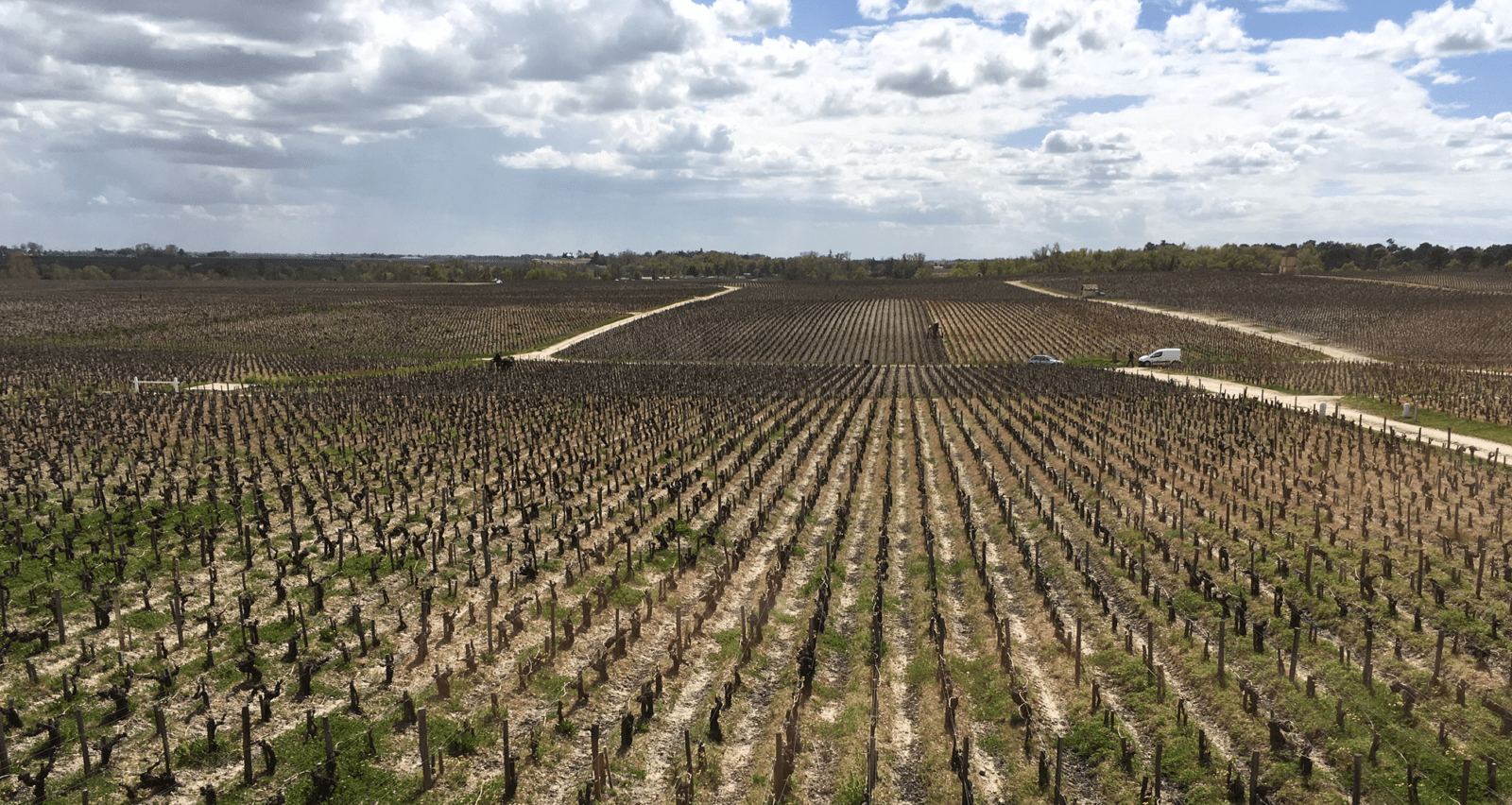
Biodynamic – For the Better?
· Ben Pearson Ben Pearson on
Biodynamic is a buzzword that has appeared in wine circles over the last couple years, but what exactly does it mean? It conjures up ideas of pagan magic, sorcery and a belief in mythical energy fields and forces that sounds too wacky to believe. Yet, our much-loved “organics” – be that fruit, vegetable, or anything else – have their roots in biodynamic principles. This seems all good: no additional chemicals and genetic modifications. So, why is biodynamicism so hard to get on board with?
Biodynamic agriculture was first conceived by Rudolf Steiner, a somewhat mad Austrian philosopher and social reformer, as a means of developing a system of farming practices based on the idea that every life form is ecologically linked to one another. By itself, this doesn’t seem bizarre at all. According to biodynamicism, everything is interconnected: the moon, stars, animals, plants, and human beings, transmitting energy to one another. Global warming and environmental concerns have trained us to think ecologically, so this makes sense, doesn’t it?
The focus is to create interactions with lots of elements in the vineyards to foster the health of the vines, and therefore create the best grapes possible. Occasionally this means conjuring up special preparations of minerals and nutrients to be buried in special vessels – the infamous cow horn! – at particular times of the year. The biodynamic calendar suggests optimal planting and harvest times. There are fruit days and root day. Wines taste much better, fresher and more lively on fruit days than root days. Okay, sounds a bit crazier now! Yet, it is accepted knowledge: many of the big supermarket press tastings are now scheduled on fruit days!
Far from being a recent fad in the wine world, many producers have been utilising the principles of biodynamic agriculture for decades. Nicholas Joly, from the Loire, is a famed exponent of biodynamics, along with Domaine Leflaive of Burgundy and most recently Chateau Pontet Canet in Pauillac. It is considered by some that this switch to biodynamics has elevated this great Chateau to the levels of First Growth. What an accolade for this esoteric practice!
With an emphasis on extracting the idiosyncratic character of the vineyards, its terrior, it is difficult not to get on board with biodynamic wine. After all, that is what each producer longs for: to respect the history, soils and character of each grape variety. You never know, you might be surprised! Our very own Castello dei Rampolla from Tuscany has been practicing for many years, and it has earned them global recognition and numerous accolades. Why not try a bottle next time you pop in? You may just be converted.



